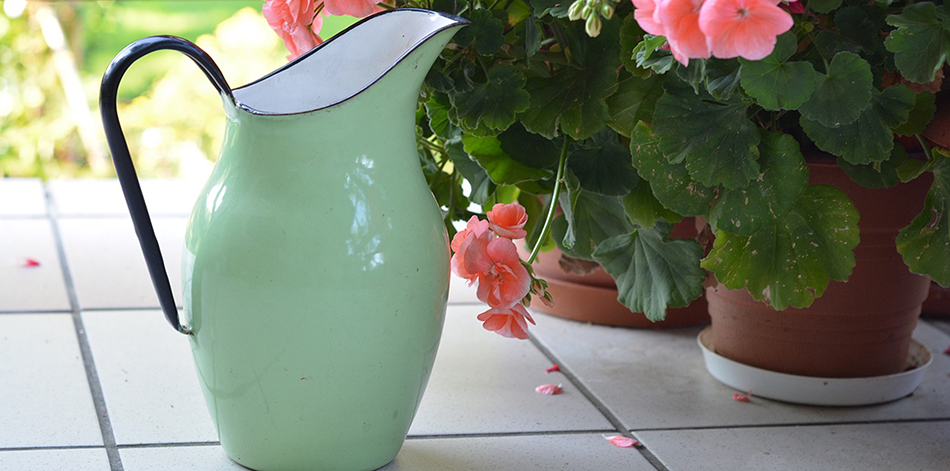Here are some 17 garden maintenance tips and tricks you can use to keep your yard looking lovely and healthy because gardening may be fulfilling and satisfying.
- Plan and design your garden: Before planting, sketch up a garden layout and select plants that are appropriate for your climate and soil type.
- Soil preparation: Make sure your soil is well-drained and nutrient-rich. Improve soil fertility by adding compost or organic matter.
- Mulching: To preserve moisture, reduce weeds, and enrich the soil, apply a layer of organic mulch (e.g., wood chips or straw) around plants.
- Watering: Water the plants thoroughly but occasionally for better deep root growth. Water first thing in the morning in order to avoid evaporation.
- Weeding: Remove weeds frequently in order to prevent competing for space and nutrients. Take weeds out using your hand or with gardening tools such as a hoe.
- Fertilizing: To promote healthy growth, nourish the plants with the nutrients they need. For a more sustainable approach, use fertilizers that are organic.
- Pruning: Clip and trim the plants on an ongoing basis to enhance air circulation, improve growth, and preserve their shape.
- Deadheading flowers promotes the development of new flowers and prolong their flowering time through the elimination of old blossoms.
- Pest control: Keep an eye out for diseases and pests in your garden on frequently. Whenever possible, apply organic or sustainable insect management measures.
- Grow flowers that encourage bees and beneficial insects such as ladybugs and lacewings, which assist in eliminating destructive pests.
- Shade nets, row covers, or cloches are excellent ways to protect plants from intense warm temperatures, frost, or high temperatures.
- Plant spacing: prevent crowding plants, since this may result in insufficient ventilation and a rise in likelihood of disease.
- Regular inspections: Walk within the garden on an ongoing basis to find any potential issues and implement necessary steps.
- Garden tools must be cleaned and sharpened to minimize transmission of diseases and to make gardening jobs easier.
- Seasonal care: Customize your gardening regimen depending to the seasons in order to meet different needs and difficulties.
- Composting: Establish a compost heap to transform garden waste and kitchen residue into compost that is rich in nutrients for your garden.
- Learn from your mistakes: Maintain track of everything that works as well as what does not in your garden. Learn from your mistakes will assist you evolve as a gardener as time passes.
Understand that gardening is an ongoing educational experience, and remember that every garden is different. Personalize your approach to management to suit the specific requirements of the plants in the garden setting. You can also check out more on the desert plants for landscaping here. Good luck with your planting!

